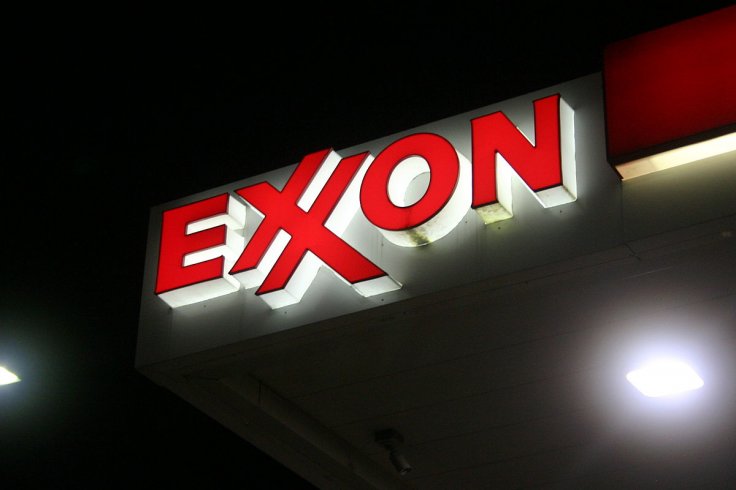Oil giant Exxon Mobil Corp. smashed all-time profit records by posting a $56 billion net profit for 2022, helped by high petroleum prices and rising demand.
Exxon's huge profit surprised markets as the previous high of $45.2 billion net profit in 2008 had come in an extremely high-price scenario when crude had hit $142 per barrel.
Exxon said factors like strong markets, strong throughput, strong production and really good cost control helped it achieve the stunning result. "Overall earnings and cash flow were up pretty significantly year on year ... So that came really from a combination of strong markets, strong throughput, strong production, and really good cost control," Exxon Chief Financial Officer Kathryn Mikells said, according to Reuters.

CEO Darren Woods explained further, saying that 'counter-cyclical investments' made before and during the pandemic powered the huge jump in profits."While our results clearly benefited from a favorable market, the counter-cyclical investments we made before and during the pandemic provided the energy and products people needed as economies began recovering and supplies became tight. We leaned in when others leaned out," Woods said, according to RT.
The ridiculously massive profit that Exxon made also gave rise to calls on more governments to enforce windfall profit taxes on oil giants. For context, Exxon said that its fourth-quarter profit suffered a $1.3 billion shortfall on account of the windfall taxes the European Union slapped on the company.
Similarly, oil giant Shell has also said that its tax burden increased by around $2.4 billion in 2022 due to windfall taxes that are levied in Europe and the UK. Also, French oil behemoth said it's additional windfall tax burden was least $2 billion in the fourth quarter.
What is Windfall Profit Tax?
Essentially the windfall tax is an additional levy slapped by governments when a specific industry makes huge profits. Here's how Investopedia explains it: "A windfall tax is a surtax imposed by governments on businesses or economic sectors that have benefited from economic expansion. The purpose is to redistribute excess profits in one area to raise funds for the greater social good; however, this can be a contentious ideal. Some individual taxes—such as inheritance tax or taxes on lottery or game-show winnings—can also be construed as a windfall tax."

US President Joe Biden said late last year the administration would slap a windfall profits tax on oil and gas companies that make huge profits owing to high oil prices.
The oil industry argues that charging windfall taxes will not bring down energy prices and will only result in the creation of an opposite result. According to oil industry advocates, the windfall taxes will take away cash that the industry would have invested in new exploration.
However, the supporters of the extra tax point out that oil majors are funneling cash back to shareholders, not into new exploration and investment. For example, a Reuters report shows that Exxon distributed $30 billion in cash to shareholders last year.








